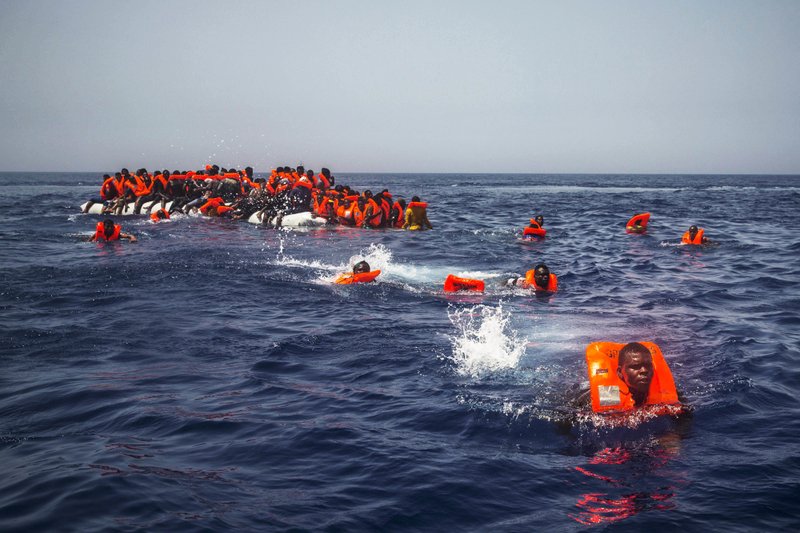
Human Rights Watch (HRW) praised on Thursday Egypt’s first law on irregular migration but said that it “fails to affirm important refugee rights”.
The law was ratified by President Abdel Fattah al-Sisi in November.
It was approved by the parliament nearly a month after a migrant boat, carrying between 450- 600 people, capsized off Egypt’s northern coast in September, which led to the death of hundreds.
The migrants, including Egyptians, Syrians and Africans, were believed to be heading to Italy, a main destination for illegal migrants across the Mediterranean.
The law imposes prison sentences and fines up to EGP500,000 on whoever “establishes, organises or manages” a criminal group with the aim of smuggling migrants.
Deputy Middle East and North Africa director at Human Rights Watch Joe Stork said that “punishing human smugglers is an important element for protecting asylum seekers and migrants against abuses…But refugees remain vulnerable unless their fundamental rights are protected.”
HRW said that the law is “ambiguous about punishments migrants could receive” referring to Article 27 which stipulates that the Ministry of Foreign Affairs is responsible for coordinating with relevant authorities to facilitate “the safe return” of smuggled migrants to their countries or any country that would receive them, had they not committed any crimes punishable by the Egyptian law.
The international watchdog said crossing Egyptian borders without permission can be considered a crime.
It also criticised the law for not affirming the principle of nonrefoulement which is the right of refugees or asylum seeks to be forcibly returned to a country where there is a real risk of persecution, torture, inhuman or degrading treatment, or a threat to life and physical integrity.
HRW said that the law should be amended and that the government should issue clear regulations to protect basic refugee rights and to remove the ambiguity regarding whether migrants can be prosecuted.




